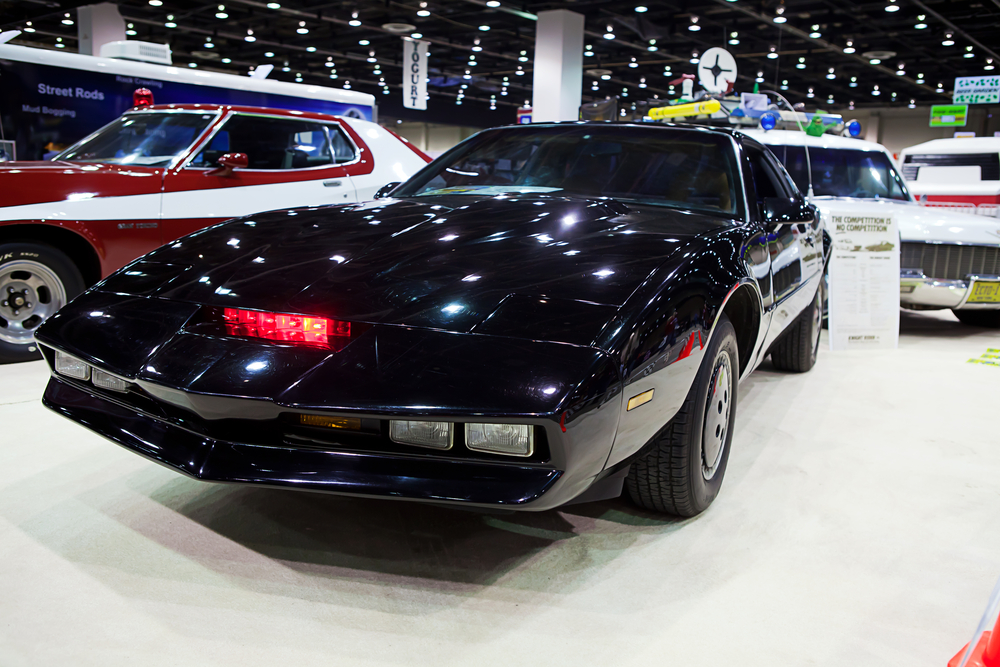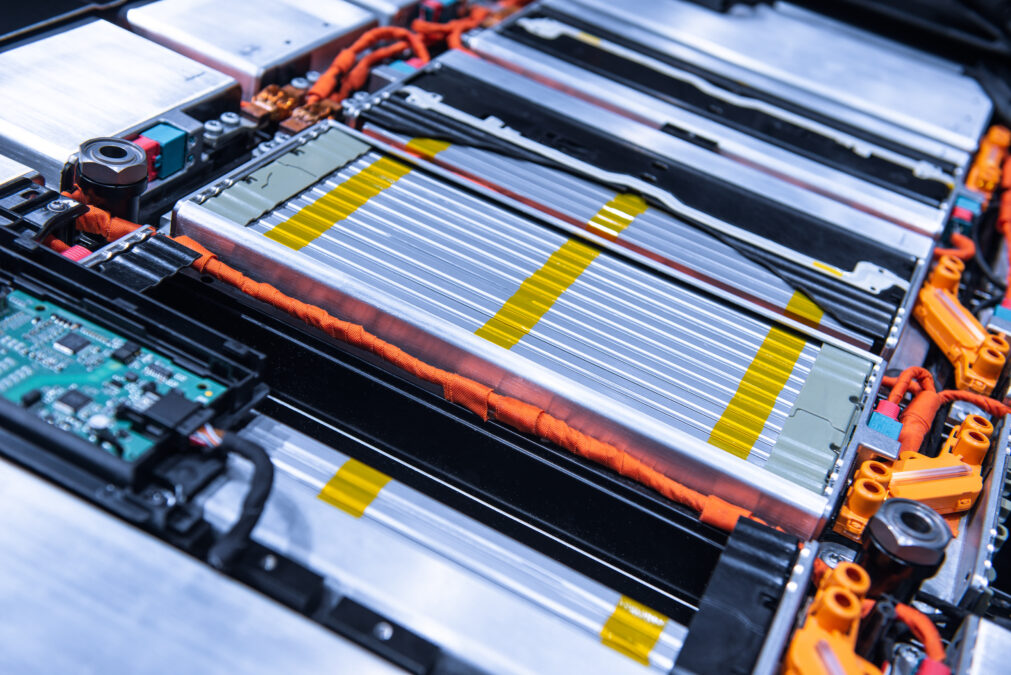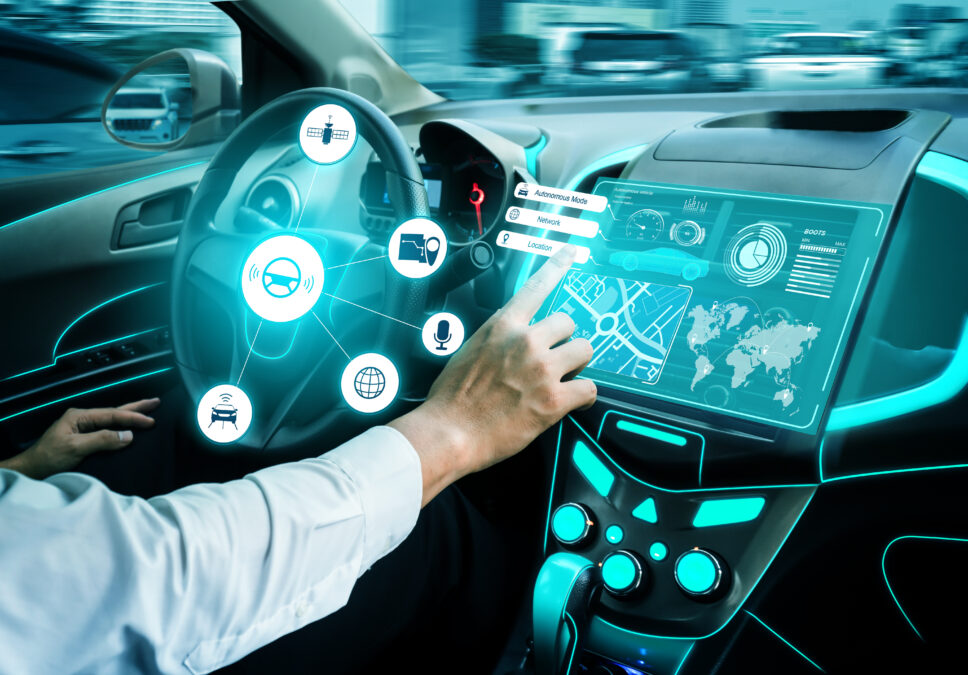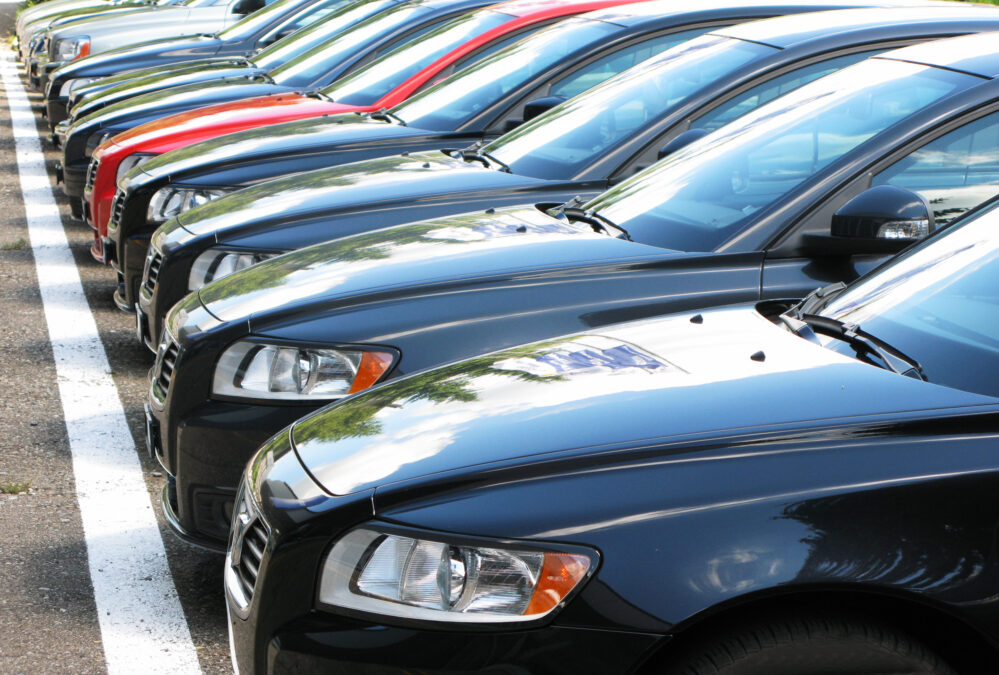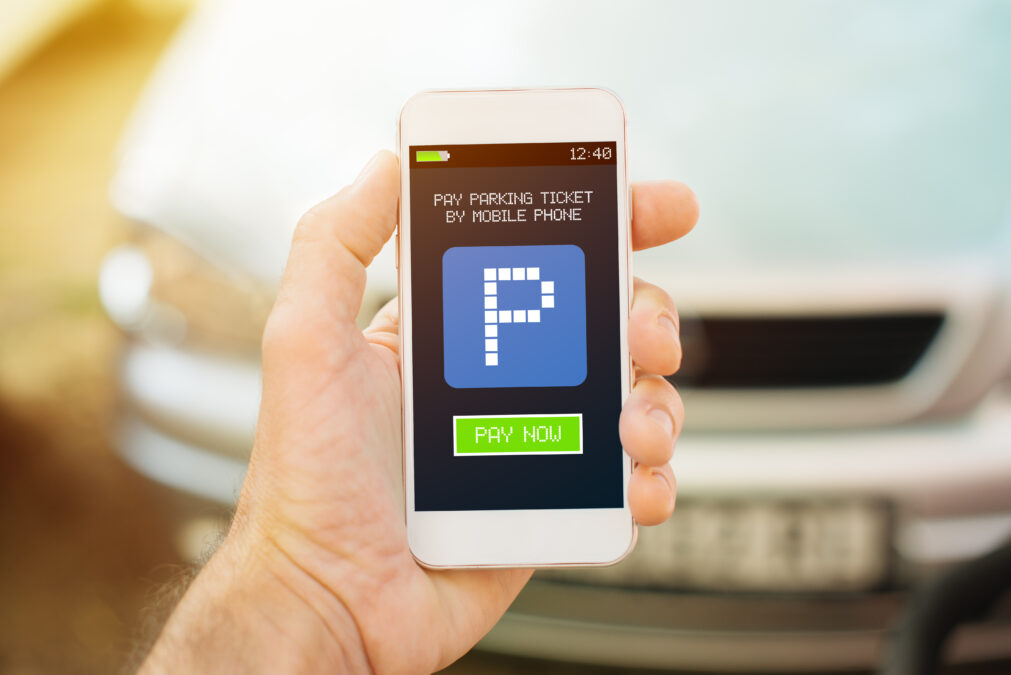Often it’s the more traditional industry sectors that undergo the most drastic reimaginings in the wake of new technology. In fact, as Dieter May, senior vice president for business models at BMW Group explained at Cloud World Forum last month, the automotive industry could be face to face with its most profound shakeup since the invention of the combustion engine.
While the desires of car consumers have traditionally revolved around the fastest, most powerful, most efficient, or most stylish set of wheels, the convergence of digital technologies including the cloud, big data and the Internet of Things will force car manufacturers to take on a very different focus, as the driving experience becomes about so much more than the vehicle itself. Product categories of all kinds are moving from hardware to software-centric, and the car is no exception.
As May explained, it represents a huge step forward for car companies.
‘Car dealers don’t have direct customer interaction and engagement, but that’s going to change dramatically,’ said May. ‘Now it’s going to be about understanding the consumer a lot more directly. We’re going to have to embrace whole new competencies.’
> See also: Connected cars are the future, but how far along the road are we?
One of the main differentiators for BMW and others going forward will be integrating a customer’s digital life into their car, and vice versa, for a far more personalised driving experience.
‘Right now a customer’s digital life is led somewhere else, on a tablet or mobile,’ says May. ‘But I don’t need to hear Spotify on my phone and then get into the car and have to switch to another music streaming service- it all needs to join up so that I get into my car and the music continues.’
In order to make the car an integral part of their digital life for the new breed of demanding tech-savvy consumer, vehicle manufacturers are having to leverage existing ecosystems, and carve out whole new relationships with the technology behemoths.
Google and Apple have both made their intentions in the vehicle market clear by announcing products geared towards in-car ‘infotainment’ where users can plug their phones into their car’s dashboard. Apple led the charge by revealing their new ‘CarPlay’ offering in March 2014 at the Geneva International Motor Show, shortly followed by Google’s Android Auto that integrates Google’s mobile services with navigation systems, voice actions and steering controls, allowing users to access all their usual apps such as music, communications and maps in hands-free mode.
‘This will be the really big thing going forward,’ said May. ‘Our integration capabilities will be what really differentiate us. We have an obligation to innovate in the digital space, and that’s a huge opportunity for us because you can keep the car fresh and alive on a daily basis.’
The Internet of Wheels
The second major trend that will soon be impacting motorists is that of sensor technology. Industry boundaries are blurring, and with this new growth potentials emerge- will the car soon become another node on the Internet of Things?
Car manufacturers such as BMW are aiming to integrate mobile technology into their cars while giving drivers a better understanding of the road around them.
‘How do we take the connected home, personal digital assistants and advanced sensor technology, and connect all these trends?’ asks May. ‘Data will be a big enabler for digital experiences, and BMW is already one of the biggest data creators in the industry. The new BMW 7 Series has around 100 in-car sensors and several cameras, which create data streams aimed at spotting danger signs and traffic, assisting in parking and preventing crashes.’
Together with in-car sensors, location platforms can enable intelligent services to improve security and convenience, with the receipt of up to date map data. May envisions all of this coming together to create a far more context-aware experience.
‘Pressure sensors can tell when one person gets in the car in the morning, or when his three young children join him in the back seat on their way to school,’ he says. ‘The car can then adapt accordingly, streaming music, data about traffic, accidents and the environment into the cloud, feeding that back to the system. There are so many data sources in the car, and analytics are going to play a huge role for us in understanding the consumer as well.’
All of this feeds back into the vision of vehicle manufacturers becoming closer to their customers.
‘In car manufacturing we are somewhat removed from that,’ says May. ‘Everyone talks about the car identification number, but you never associate a human with it, and that’s what you want to learn- what is the consumer relationship to your product? We need to be much more customer focused in our offering, providing the experience the customer wants at this point in time- it’s a very under explored area right now, with very little interaction or learning about the customer needs.’
Usually a car maker outsources 75% of its research and development, but as May explains, this traditional business model won’t cut it in a digital world.
‘If you need to make a change request because you have an app that doesn’t work with the consumer, you can’t have them get back to you in six months. So you need to build capabilities in order to really drive the digital experience, and the lifecycle has to change.’
> See also: Are we ready for driverless cars?
And it’s not just the premium car market that will be affected- a recent Mckinsey study found that 20% of consumers today say that if their digital experience in a mid range car is not on par with competitors, they will switch brands.
All this complexity and consumer demand might seem daunting, but May argues that by embracing agile development together with their long tradition of planning, car makers have the capability to turn the industry on its head.
‘The biggest challenge for us will be infrastructure,’ he says. ‘Right now we don’t have scale, and there is huge fragmentation across geographies. The biggest thing will be to build something that is clean, reduce the complexity, and then we can scale.’


